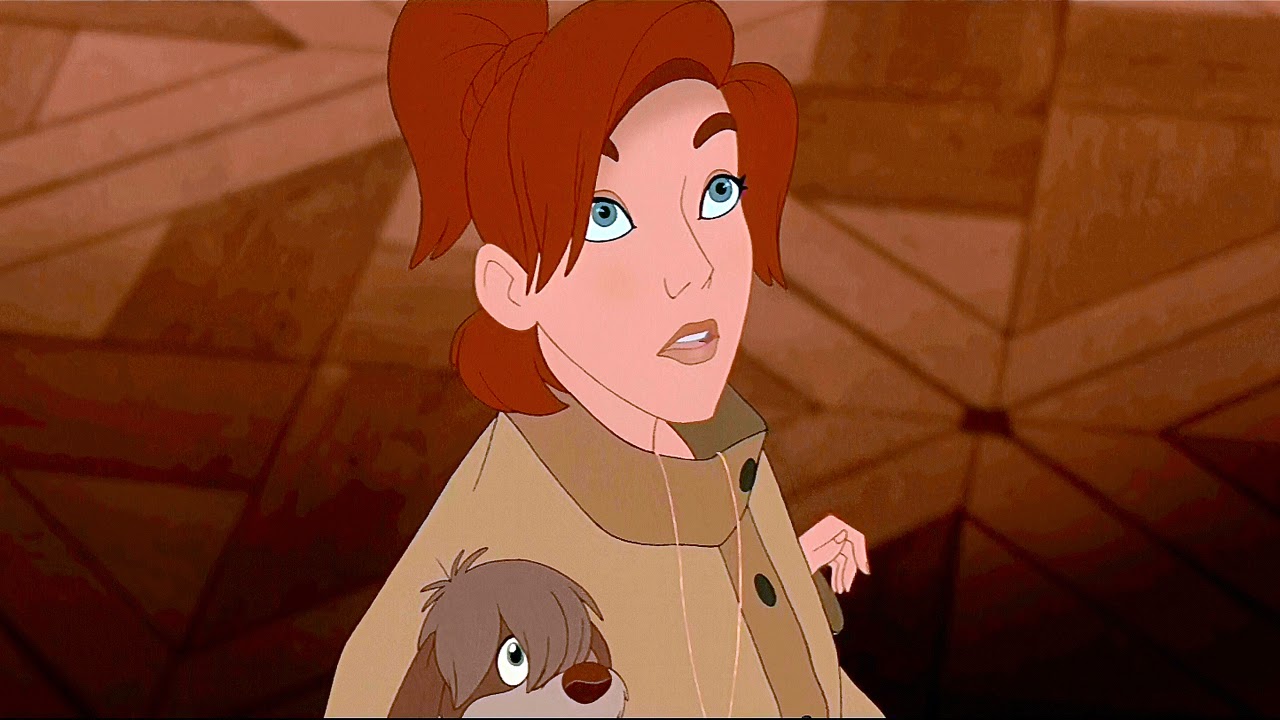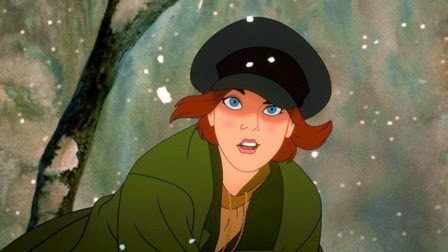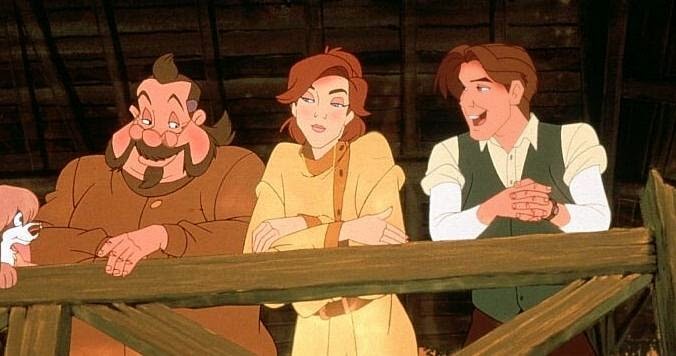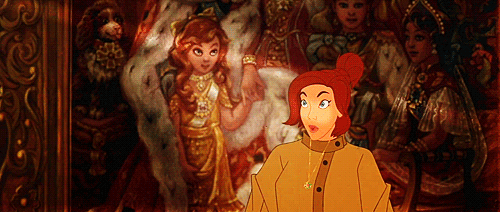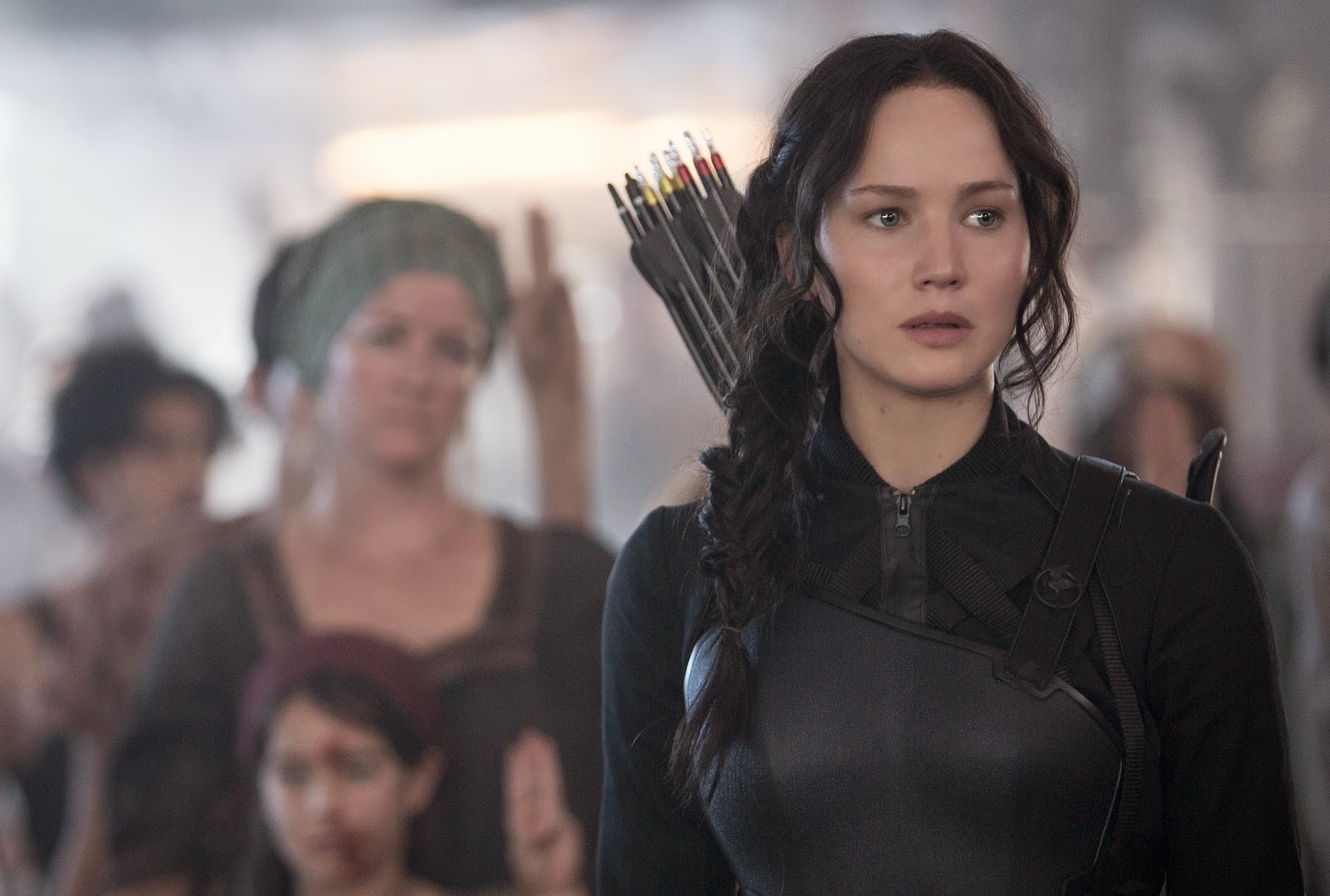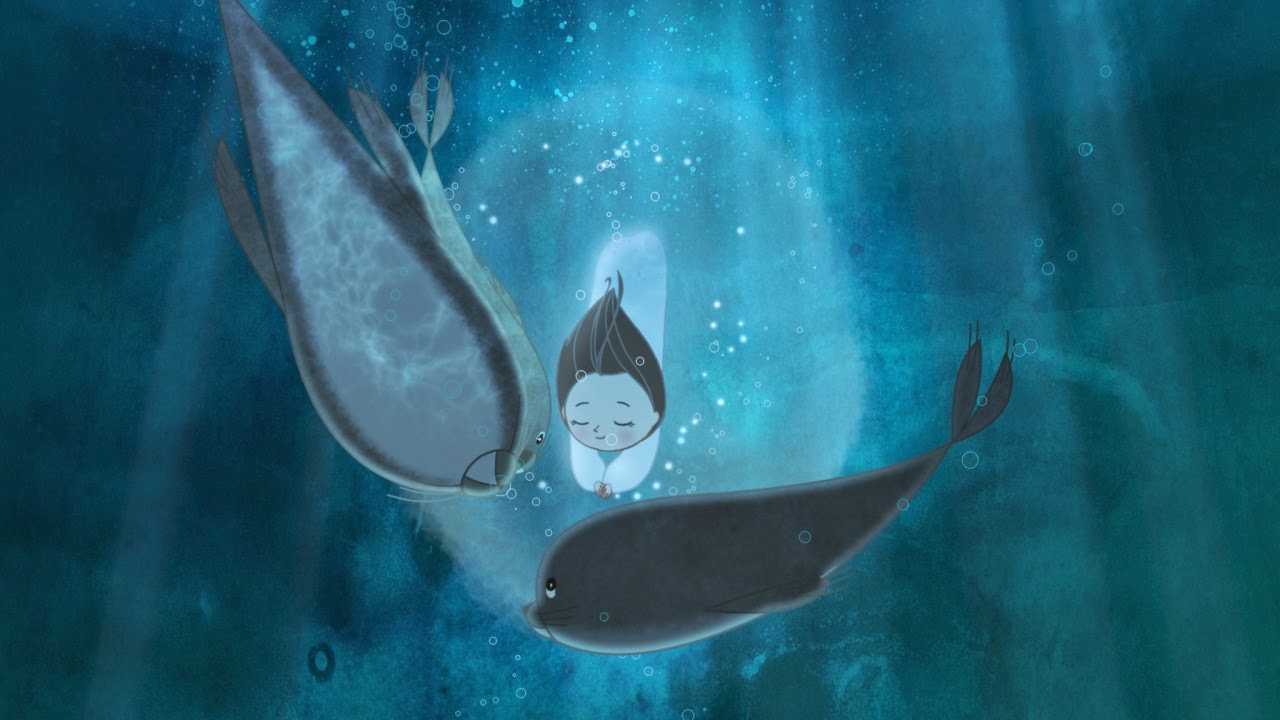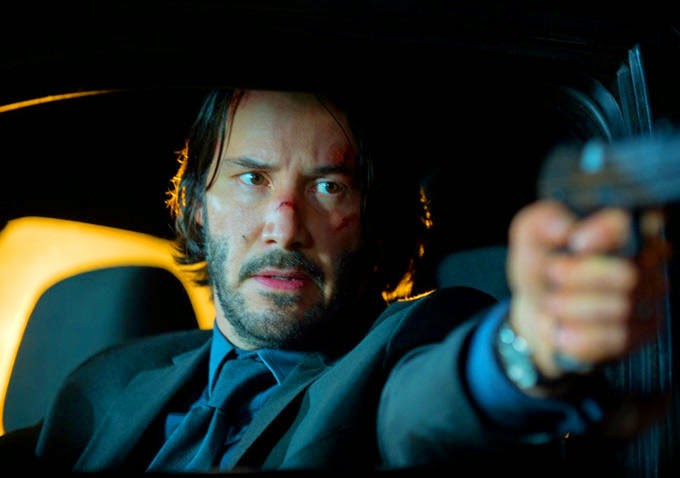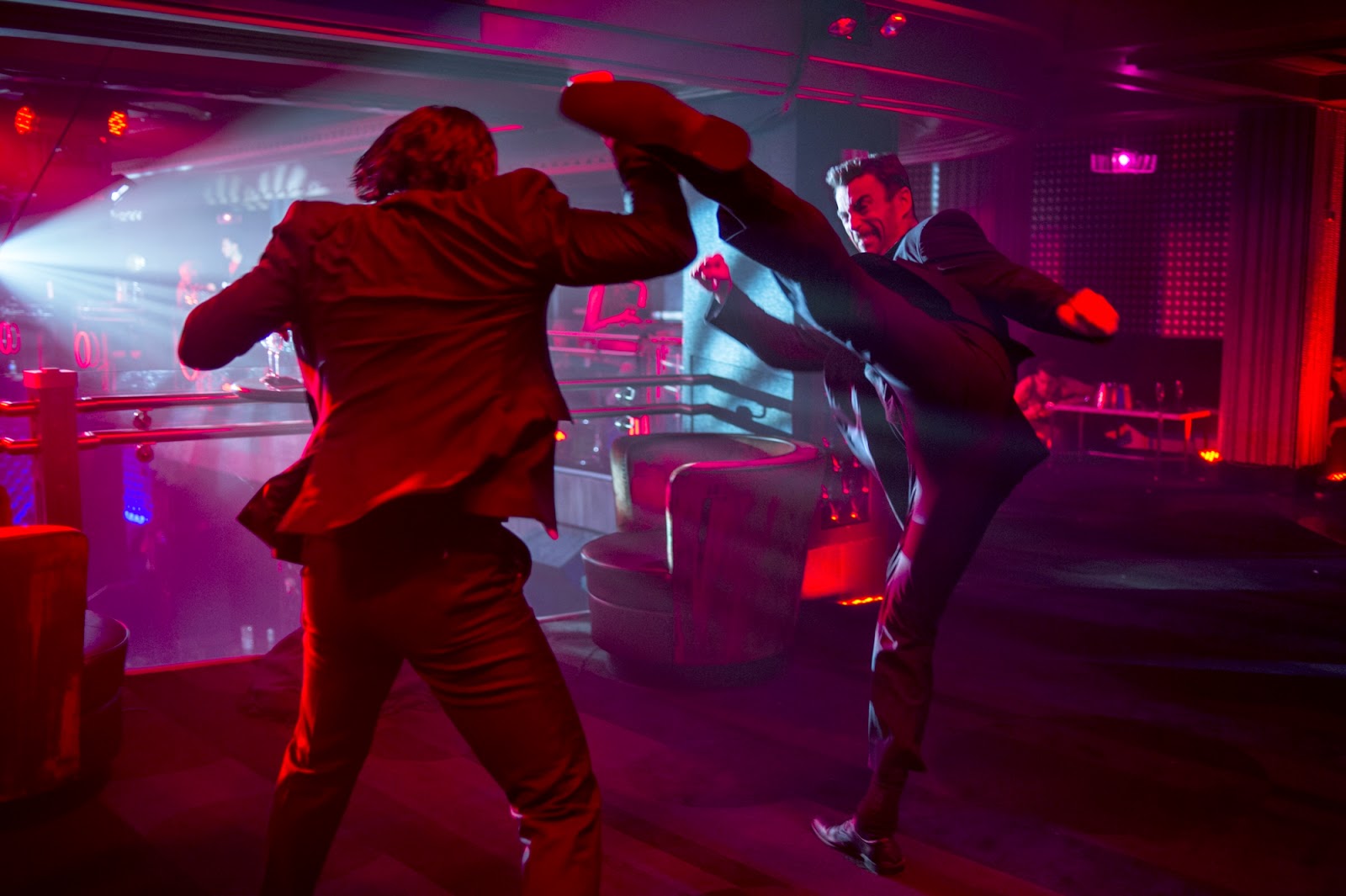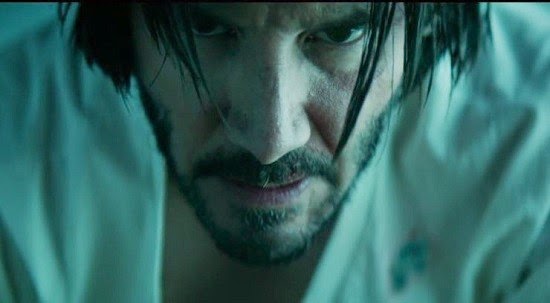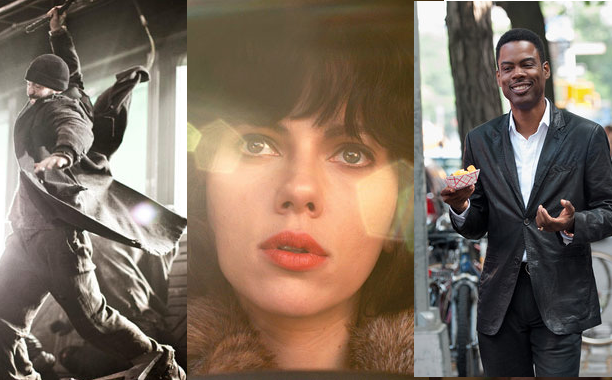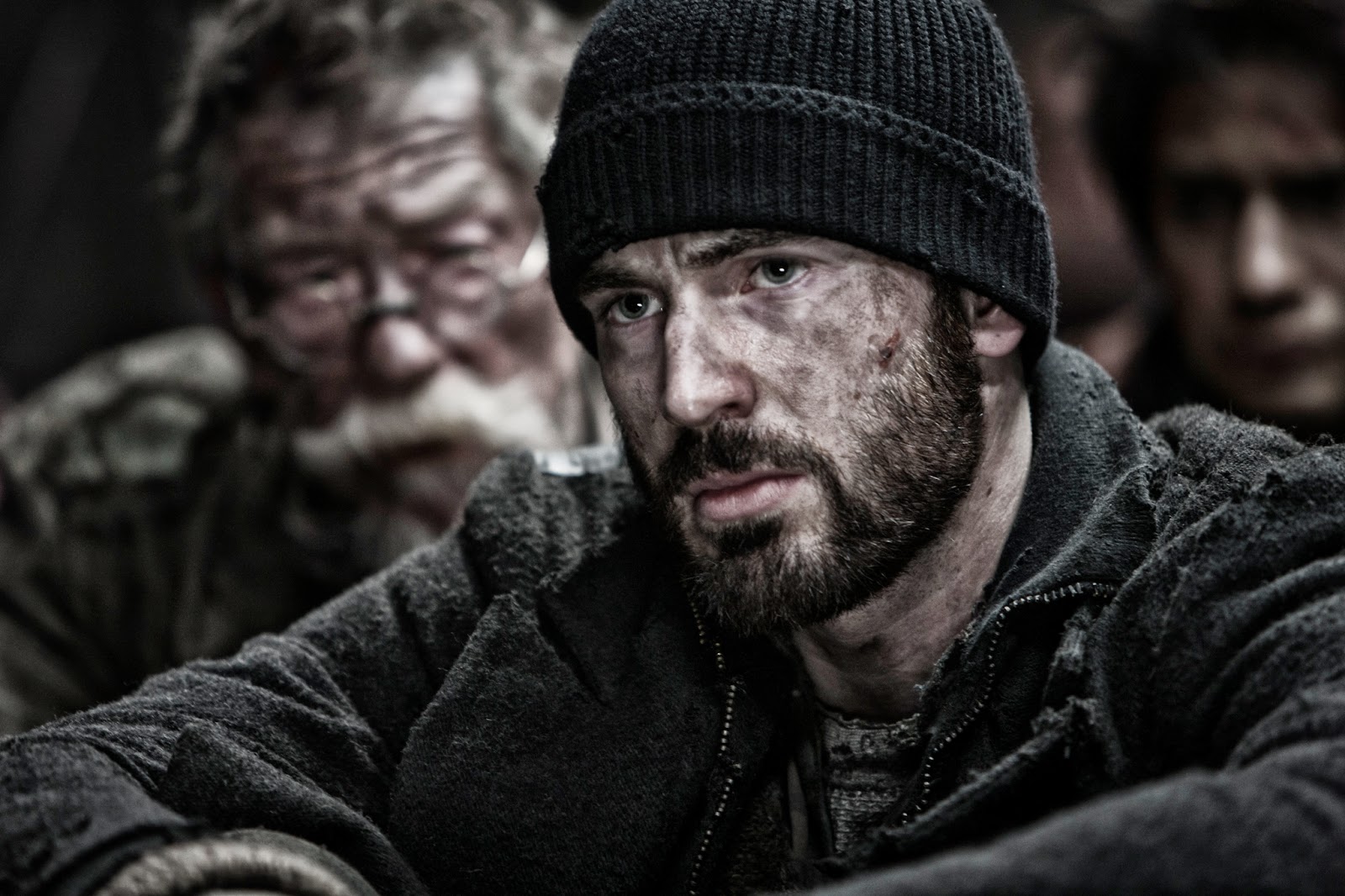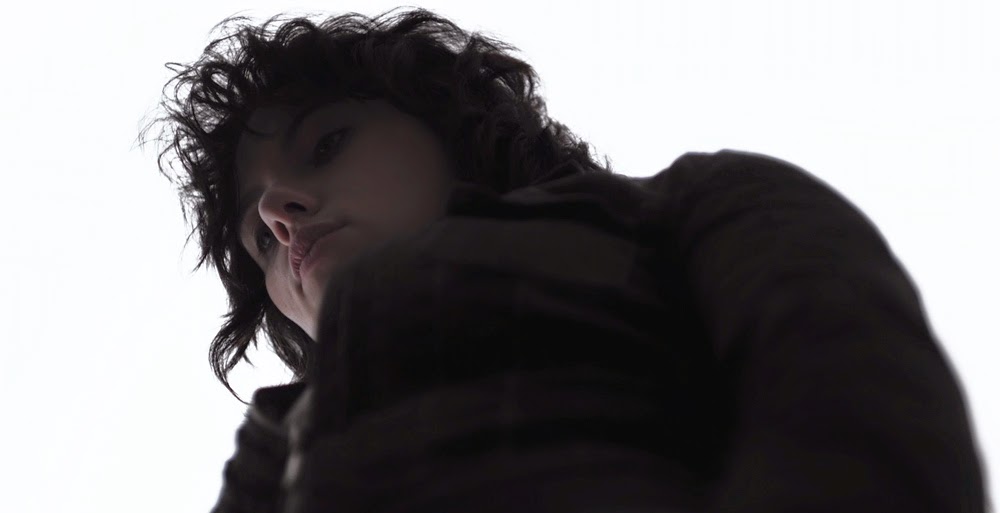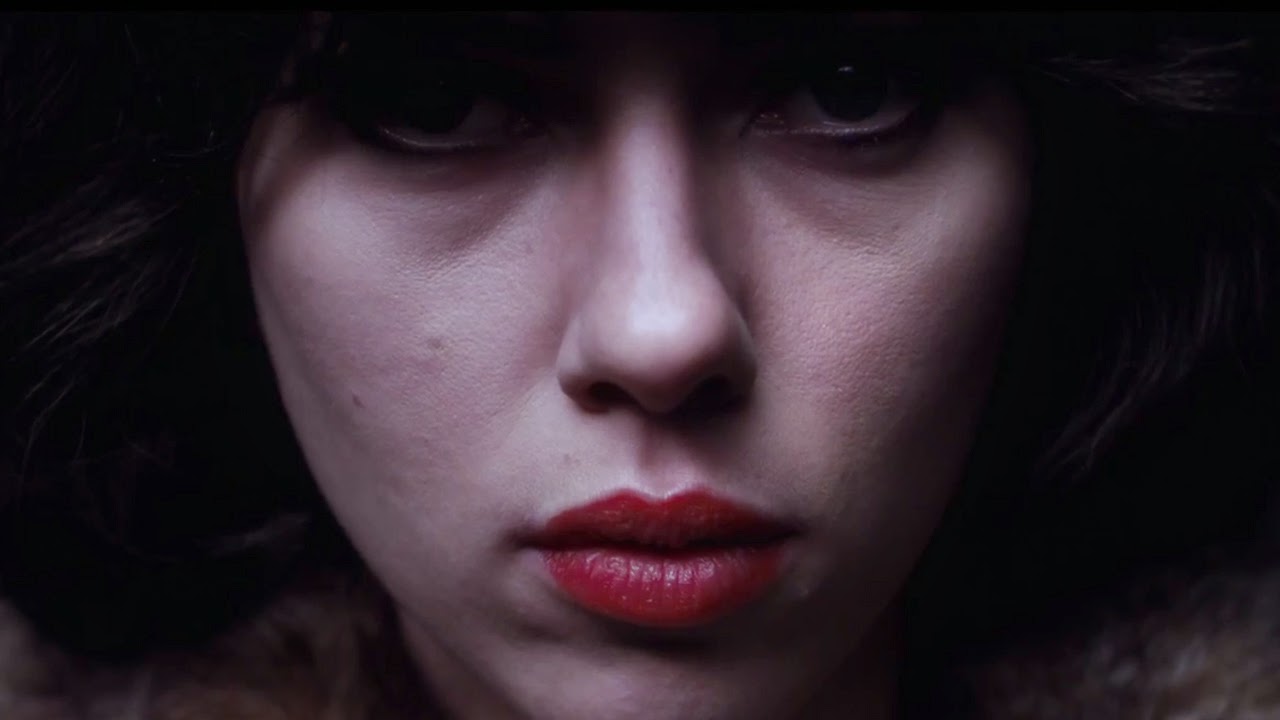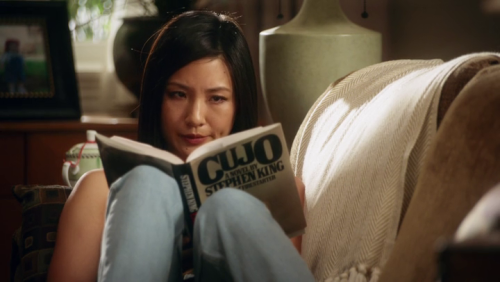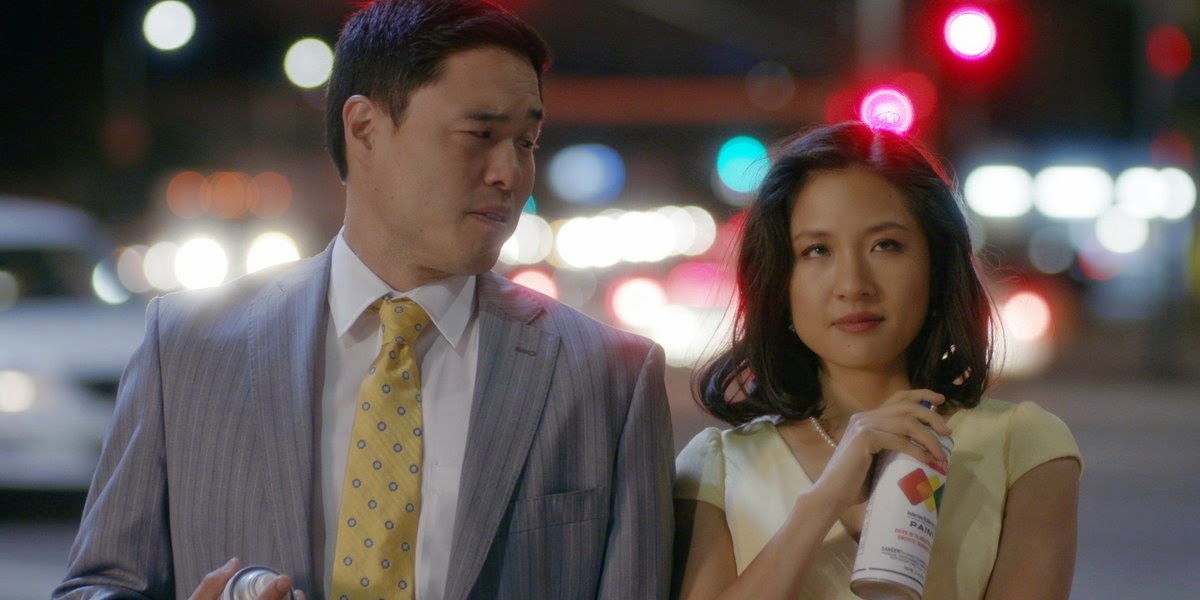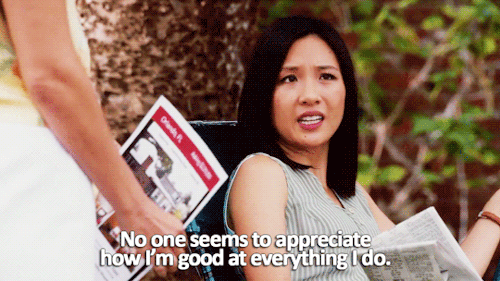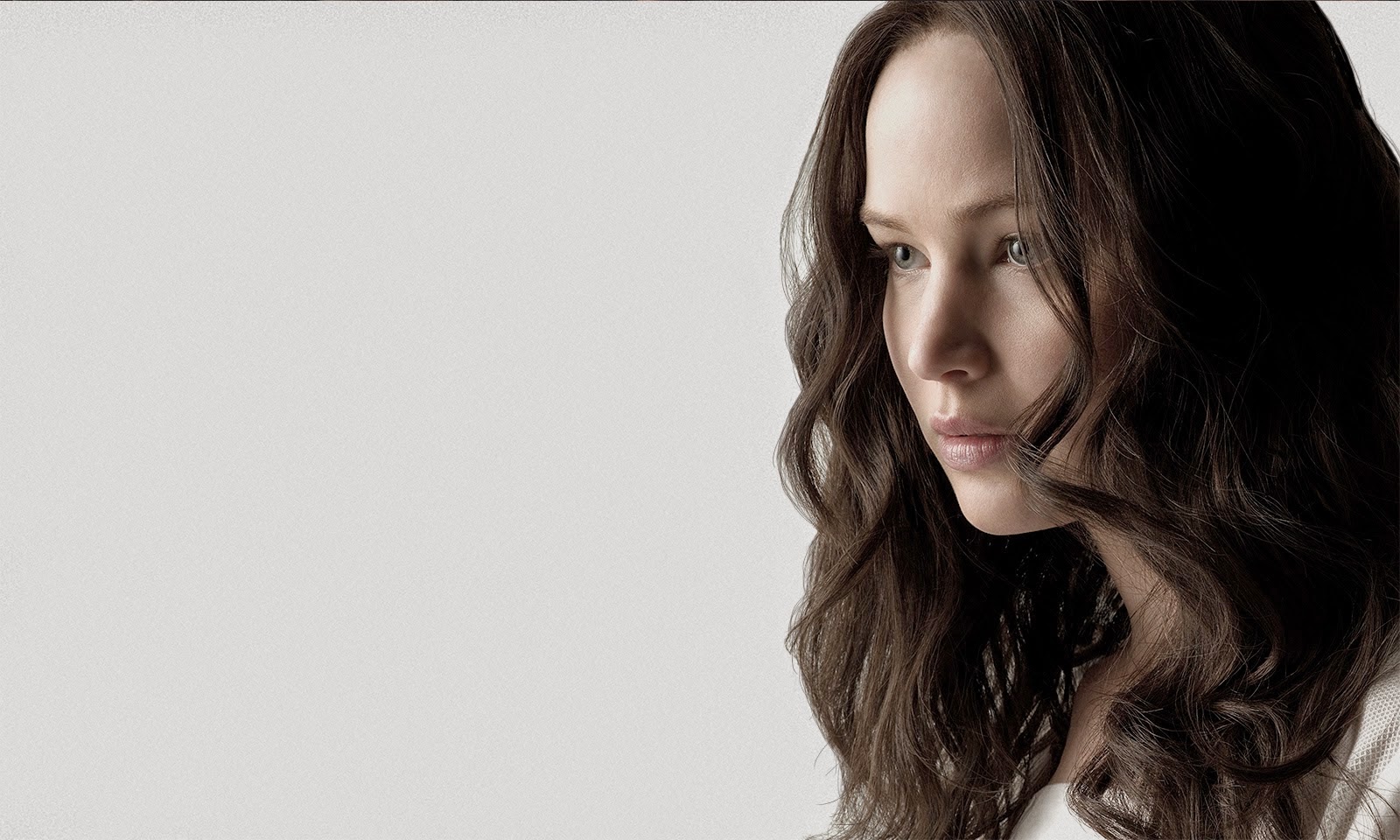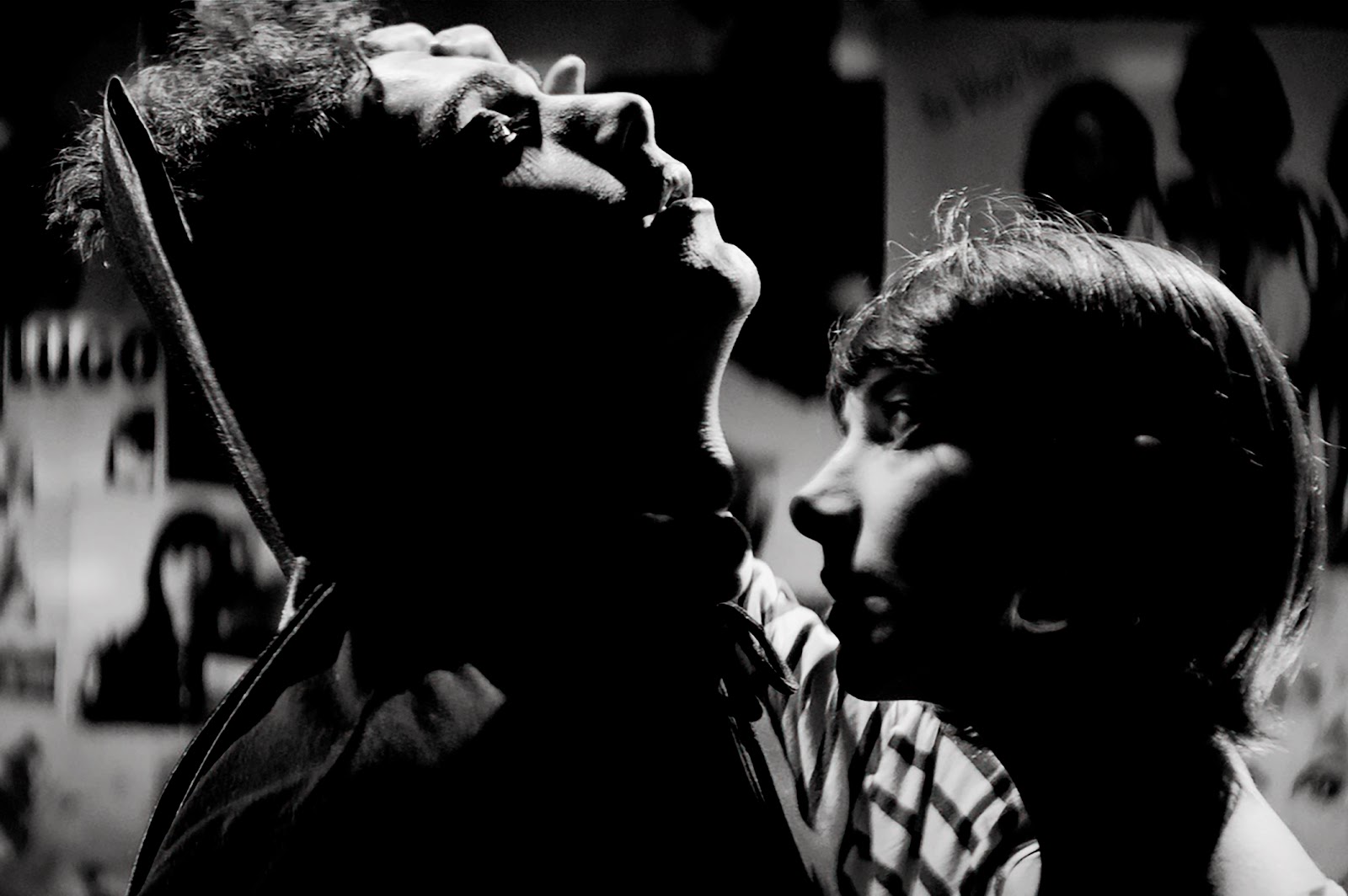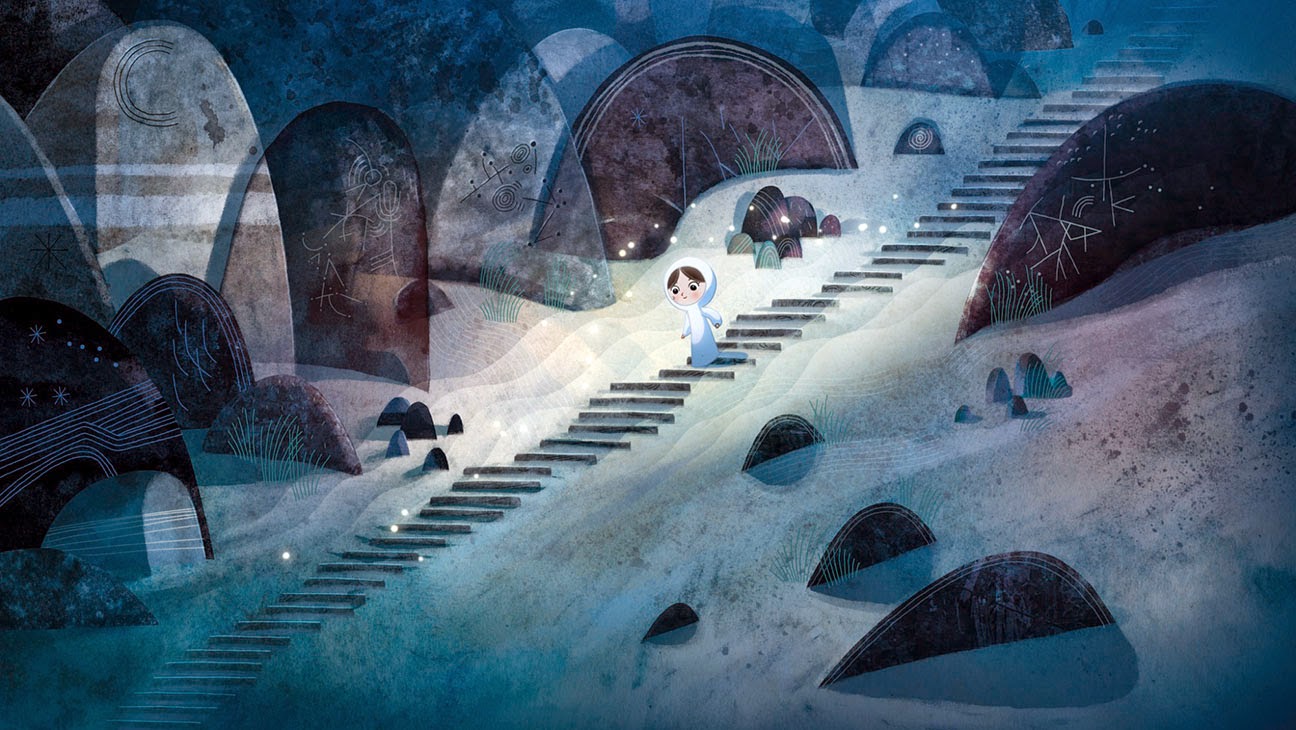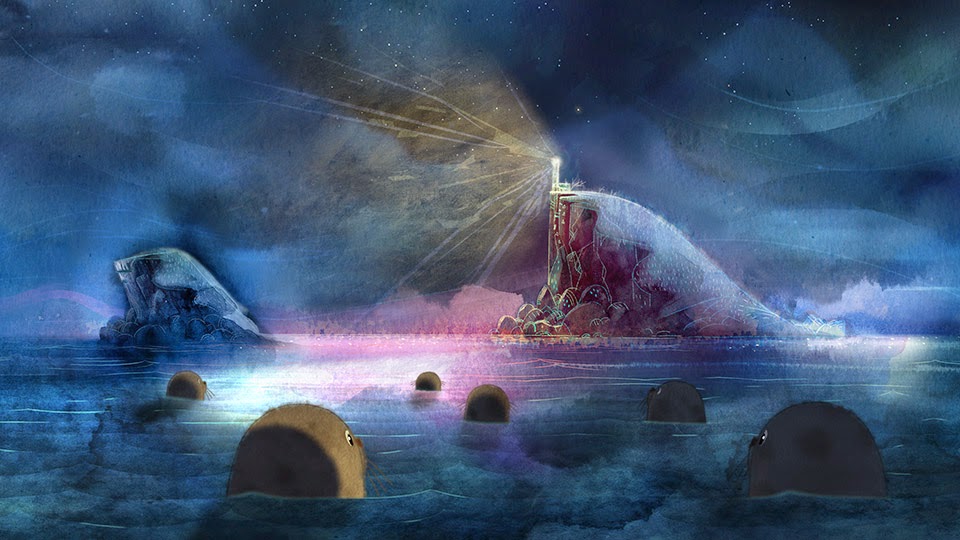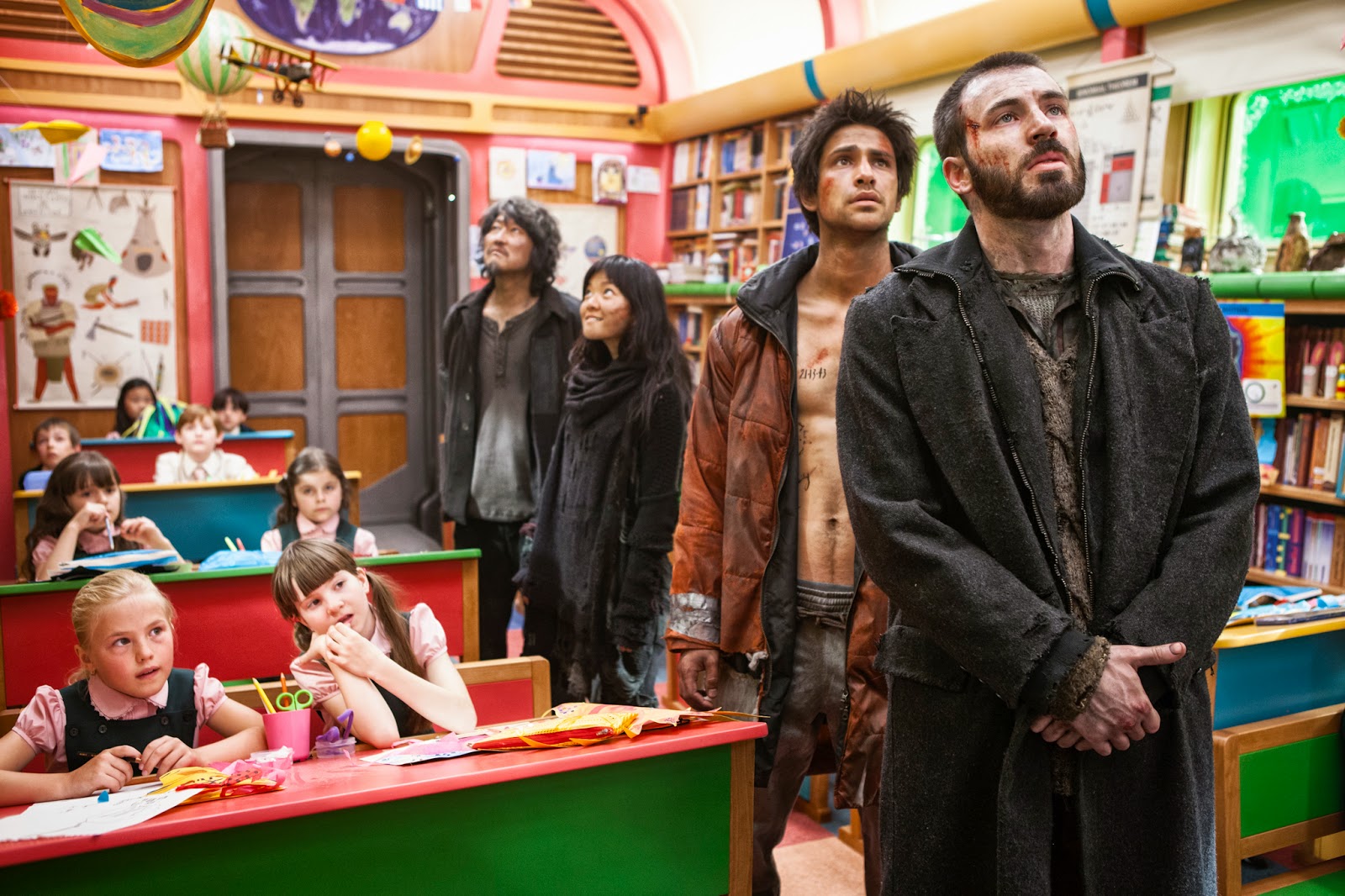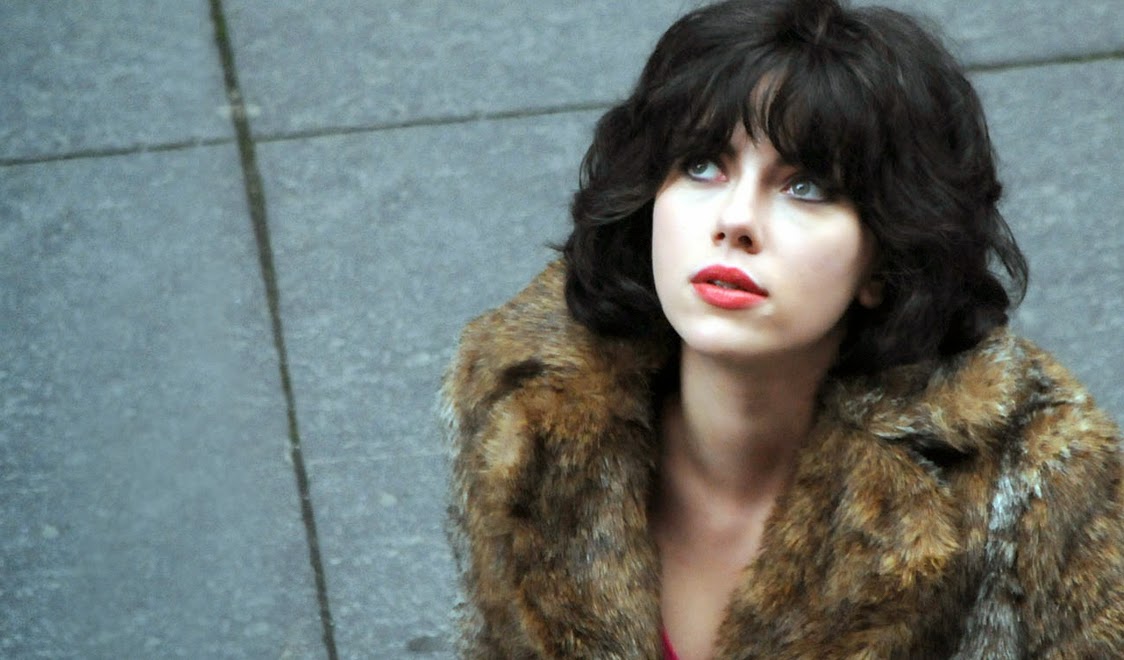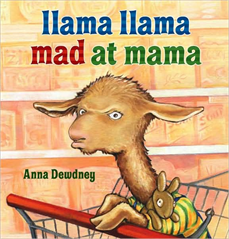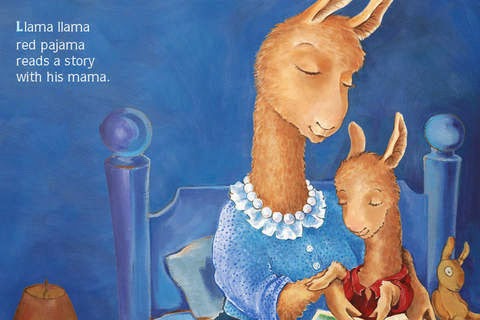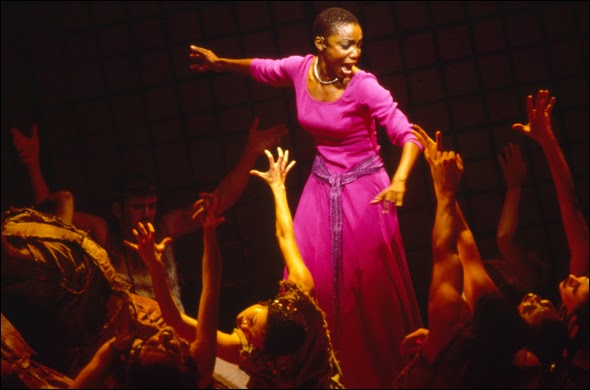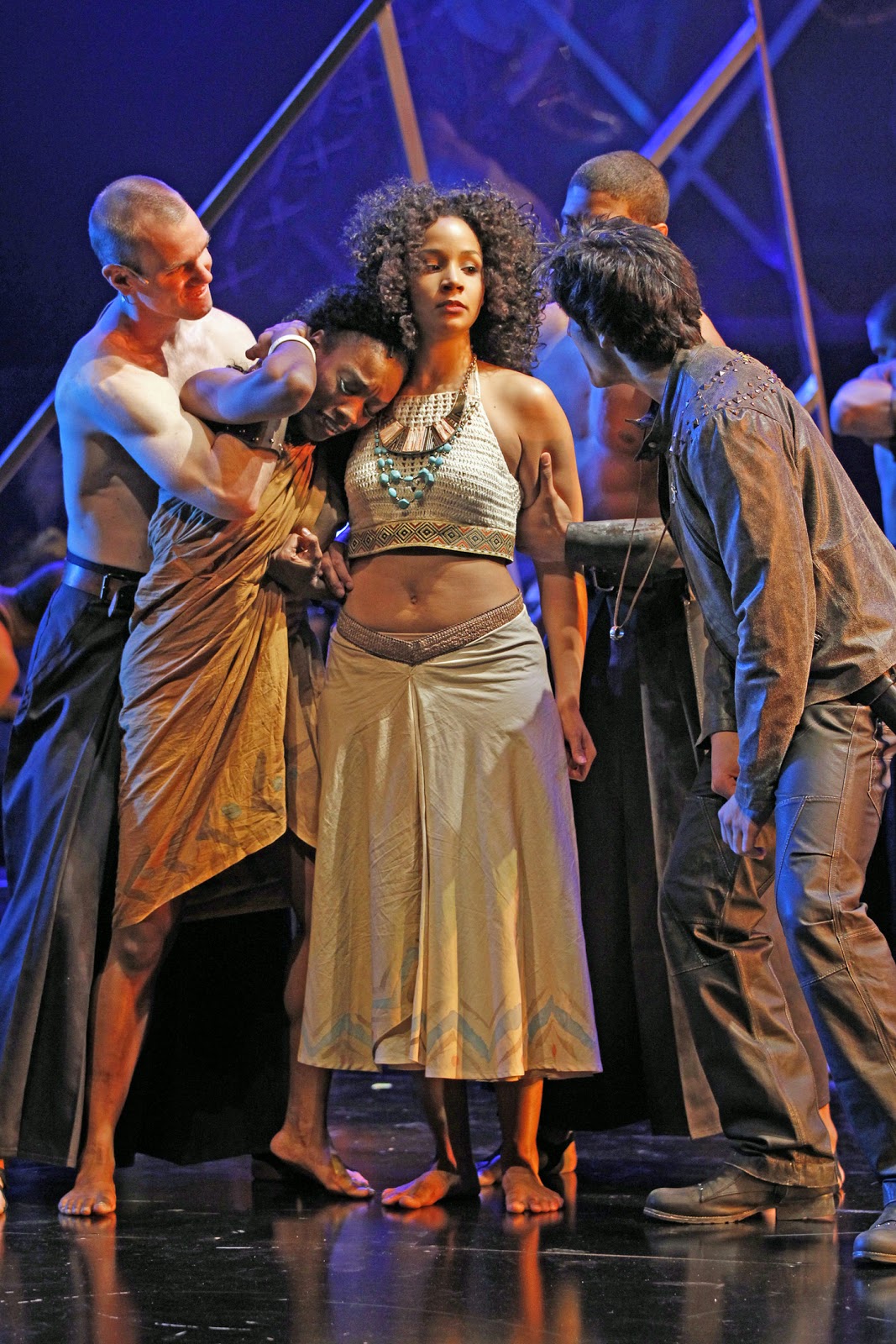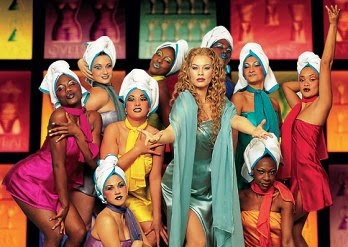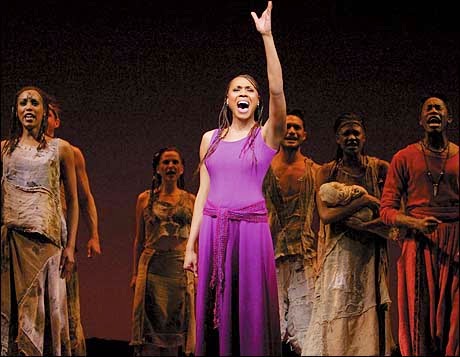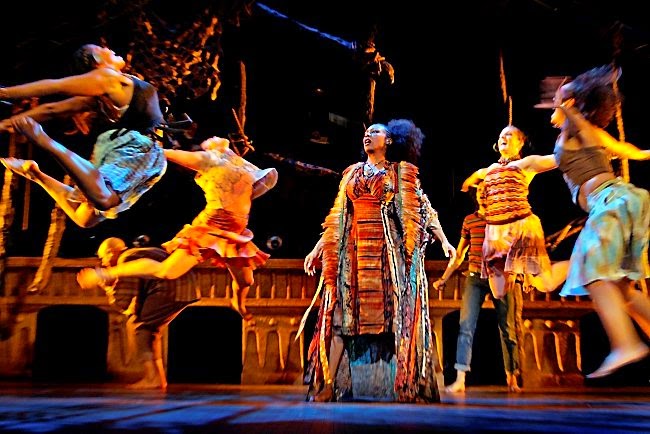Before we even start this article, to forestall the anticipated complaints, I actually really like Anastasia. I think it's one of the better animated "princess" movies, and I think that the music is catchy, the voice acting is very well done, and the animation is beautiful. So there.
It's just that I also think that the whole thing is a mess of revisionist history, Tsarist propaganda, and demonization of the lower classes. So, you know, a mixed bag.
But seriously, though, I really do love Anastasia. Though it's not a Disney movie and she doesn't qualify as a Disney Princess, Anastasia is the the Princess I always wanted to be. She taps into something very soft and small inside me, the desire to find out that I am destined for greatness, that there is some bigger story being told in my life, and that I am only just discovering my true potential. That's what this story makes me feel. And to top it off, Anastasia herself is way more interesting and fun and cool than all those boring Disney Princesses. She's spunky and sarcastic and rebellious and she totally kicks Rasputin's butt at the end, which is super awesome.
As far as feminist messages go, I'd actually have to say that this movie gets it right more than it gets it wrong. Anastasia rescues herself for the most part, and Dmitri is there to be eye candy and a plot complication, but she rescues him way more than he rescues her. Anastasia has agency in her own story, and that's awesome.
However, like I said above, there are also a lot of things I don't like about this film. And the problem is, when you look at a movie like this, that gets so many things right and also so many things wrong, it's awfully hard to decide whether or not to show it to your kids.
So. For those of you who didn't grow up in the 90s, this is what the movie is about. Anastasia is a heavily fictionalized version of the story of the "missing" Romanov princess, Anastasia. According to the urban legend, when the Bolsheviks had the entire royal family executed in 1918, Anastasia escaped and somehow was still living at large, waiting to reclaim her title. This is, of course, provably not true.*
The film takes this story and spins it into a classic tale of mistaken identity, evil bad guys trying to ruin nice girls, and reclaiming who you really are. Little Anya (Meg Ryan) has only vague memories of her life as a little girl, because she was found at age nine (or so) wandering the train tracks in St. Petersburg. She has a necklace that seems to suggest she has family out there somewhere, but no idea how to find them. Until, that is, the rumor starts circulating that the Princess Anastasia might really be alive!
So Anya, who we know from the film prologue really is the lost Princess Anastasia, decides to team up with a pair of con men, Dimitri (John Cusack) and Vladimir (Kesley Grammer), to go to Paris and trick the Dowager Empress (Angela Lansbury) into thinking that Anya is her lost granddaughter. Which she is.
Along the way, of course, Dimitri and Anya fall in love, and Anya comes closer and closer to recovering her memories and realizing who she really is. But there's a snag - the evil sorcerer, Rasputin (Christopher Lloyd, excellently cast), has made an evil pact to kill every last member of the Romanov family, and when he learns Anastasia might be alive, he sends himself and all the forces of hell to kill her. Family fun!
That's pretty much it, as far as plot goes. I mean, there is a little more. It turns out that Dimitri is the kitchen boy who saved Anastasia's life all those years ago, and of course there's a tragic moment where Anastasia thinks he's taken a payoff rather than stay with her and live in love, but who cares? The bulk of the movie is Anya learning etiquette and traveling through Europe while Rasputin and his minions trail behind and try to murder her.
Like any Don Bluth movie, it's a lot darker than your average Disney fare, and definitely more overtly sinister. Rasputin is a genuinely terrifying villain, and his song "In the Dark of the Night" still gives me goosebumps and gets stuck in my head, which is impressive. I mean, the visuals alone are horrifying. Not as bad as Hunchback of Notre Dame's "Hellfire", but pretty close.
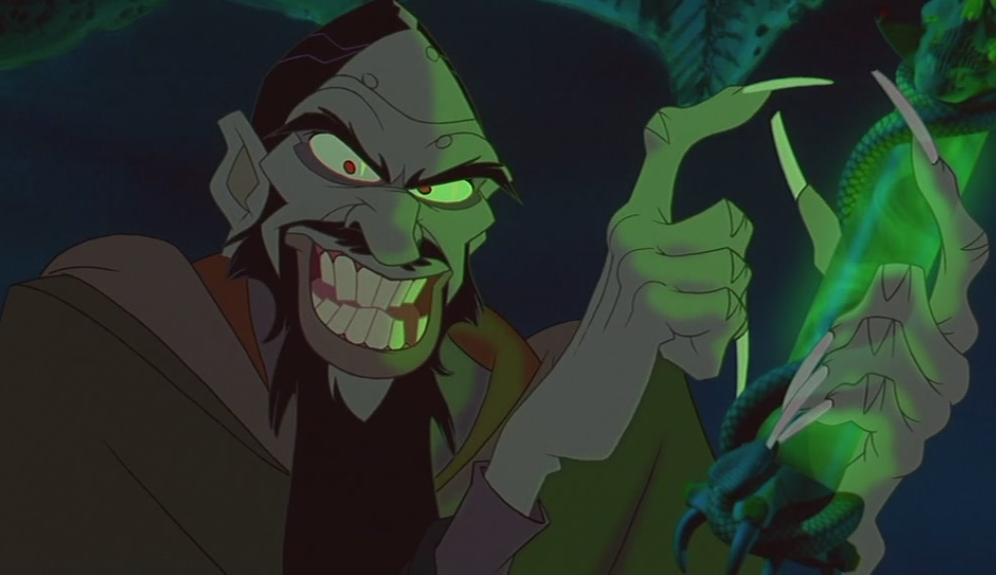 |
| Like, legitimately terrifying. |
Nor is my issue with the actual plot. Sure, it's kind of stupid that the whole movie is basically about a girl pretending to be herself (and very much aping the plot of The Addams Family - not kidding) and then finding out that she was a princess all along, which leads to an obscenely happy ending. But who cares? It's a fantasy, and the whole thing is silly enough that you don't really mind how ridiculous it is. It's a princess fantasy, but at least the princess has a hell of a right hook.
The problem is the whole way that the story is set up.
See, my issue here is with the framework of the story, namely how Rasputin enters the narrative and the whole background for the main plot. Rasputin, this film maintains, used to be a mystical man in Russia, but when the Romanov's "betrayed" him, he turned on them and literally sold his soul to an eternal evil so that he could kill them. It frames the Bolshevik rebellion not as a bunch of starving farmers overthrowing the feudal system that has been keeping them bound to the land for centuries, but as a single madman ruining a very kind and loving family because he's Evil.
Do you see what my problem is with it? I hate the lack of moral complexity. I hate how the whole Bolshevik revolution is reduced here to a bunch of people being possessed by evil spirits. Rasputin isn't ambiguous and he has no motivation beyond hatred. He's just plain Evil and there is no other explanation. The film paints him as the bad guy, the Romanovs as his innocent victims, and everyone in between as scuzzy, terrible, rude peasants.
I doubt things were really that simply. I doubt things have ever been that simple.
And the thing is, this narrative is very persuasive. It's very easy to think that there's a clear bad guy to blame and that all of the terrible things that have ever happened in the world were done by Evil men. When we think like that, we allow ourselves to relax, because we're safe. Evil men did those terrible things, not normal, nice people like ourselves. We would never do something like that, because we are not Evil.
Right? We're not Evil, so there's no danger of us doing something horrifying and depraved. When we allow narratives like this to be how we define history, we absolve ourselves of power and guilt for what might have been done. In reality, though, history is made up of complex factors, everything from economics to the freaking weather, and while one man can make a difference, it's always always always more complex than that.
The Russian revolution didn't happen because one man decided the Romanovs were evil and should go away. And the Romanovs weren't innocent victims targeted for no reason. Was what happened to them still bad? Of course! But to claim that it was Evil is to ignore the larger issues involved, and to ignore those larger issues is to make it more possible for terrible things like this to happen again.
The Russian revolution was a long time coming and was directly related to the economic oppression that the Tsar and his family had enforced in Russia for hundreds of years. While the rest of Europe was slowly transforming into a capitalist-industrialist society, Russia was mired in a very formal, institutionalized feudal system, and it was rough for the peasants. Really rough. Reading lots of Chekov plays gives you a very rosy view of the world pre-Revolution, but it's worth remembering that happy people do not overthrow their governments. Stuff was pretty messed up to get to that point.
And while we know that ultimately the Soviet Union did fall and did do a lot of really horrific things, to portray it as ultimately Evil is also missing the point. All these systems and bad things happened because of complex causes and multiple factors and we have got to understand what makes history if we don't want it to repeat.
So, yeah. I think Anastasia is a wonderful fun story about a princess with a hell of a lot more bite than usual, fantastic songs, and some amazing set pieces. It blows your average Disney Princess movie straight out of the water on sheer personality alone - Anya has about five times the amount of characterization than every character in Snow White combined. But it's not a perfect movie. It tries to pass some really suspect ideas off as truth, and it peddles a simplified narrative of a complex period in history. I don't like that.
It's really up to you on where you fall - is this a movie that's worth showing to your kids, despite the moral simplicity and potential dangers that can cause? Is the value of a Princess movie that actually passes the Bechdel Test enough to compensate for the demonization of a single man who was honestly completely unrelated to the Bolshevik revolution?
I don't know. You have to decide for yourself. But whatever you choose, my advice is simple: explain it. Tell your kids why you've chosen what you have. Because when we give children the tools to understand and analyze for themselves, we go a long way towards making sure that we won't have this problem in the future.
*No, seriously. DNA evidence has now shown that all the members of the Romanov family are definitely buried where we think they are. So, you know, definitely no missing princesses.

